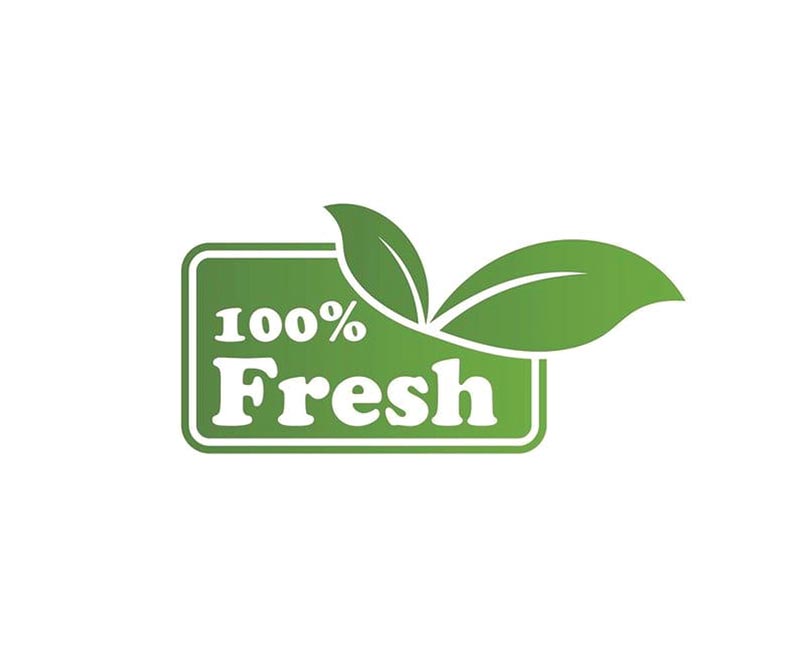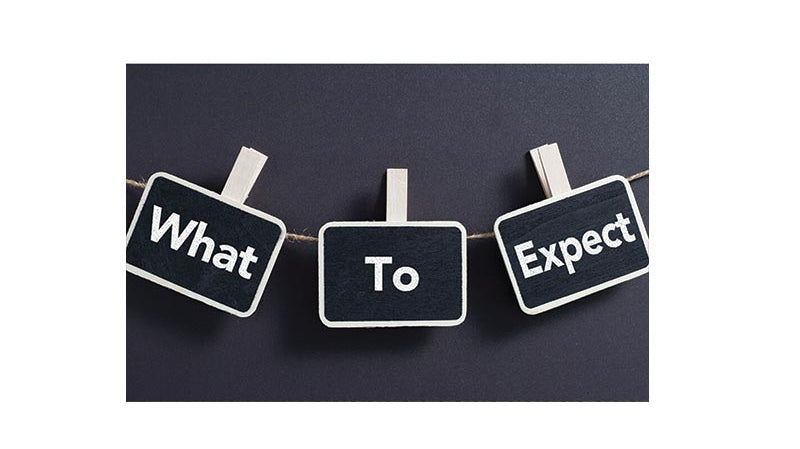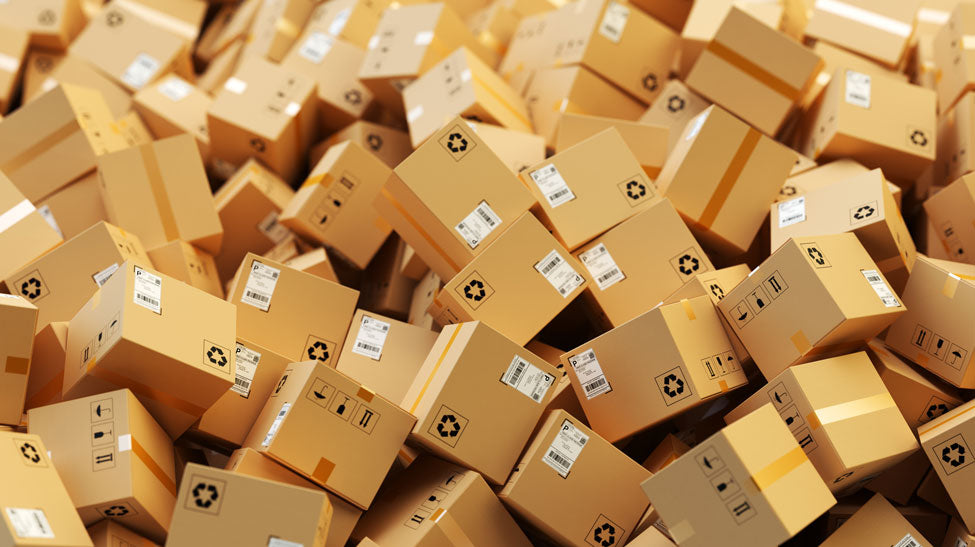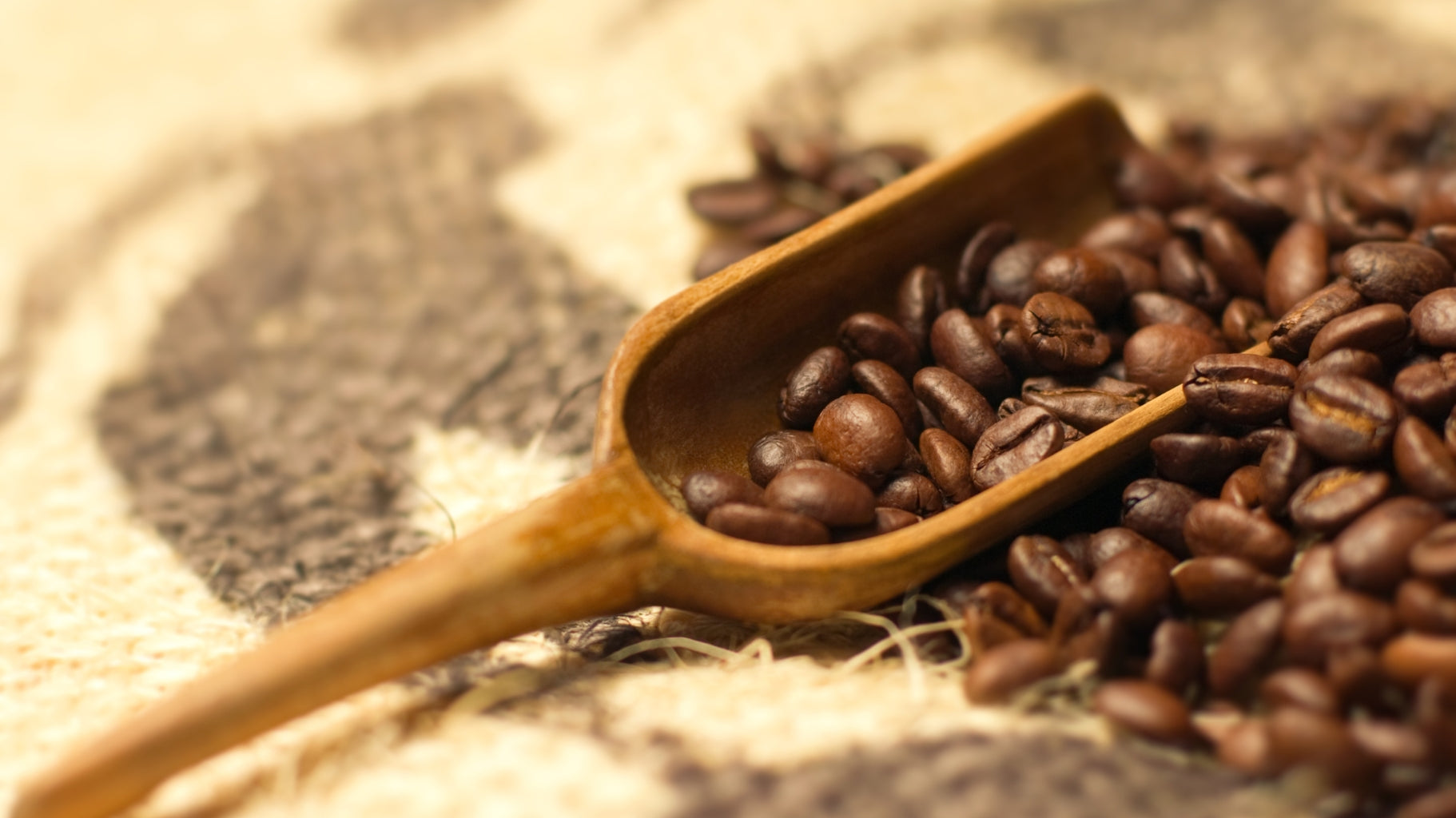Does fresh roasted coffee last forever
The answer to that question really depends upon a lot of factors, along with personal or individual preferences.
Our quality principle is built around high grade raw coffees that are fresh roasted daily.
Those 2 core imperatives must always be managed together at the same time.
If you don't focus upon both simultaneously, the results are worthless, or rather pointless. You can't have fresh roasted poor quality or high quality stale coffees - neither is appealing.
Roasting coffee causes the cell structures of the raw bean to change dramatically.
The process results in significant levels of carbon dioxide emission from a fresh roasted bean, e.g. high levels of aromatics you can smell when it's fresh !.
Stabilization (Rest or Development) Period.
Fresh roasted coffee beans are unstable and under developed for a period from 3 to 12 days from the roast date. Depending upon the method of brew, roasting style (depth), bean varietal and processing method (washed, wet-hulled, natural/dry or monsooned).
It will also depend upon the ambient temperature the roasted coffees are stored at. Under warm or hot conditions, coffee stabilizes faster due to the acceleration of oxydization.
The terms unstable and un-developed should not be a cause for alarm or concern to consumers.
It's simply that if you wish to use the coffee for say espresso extraction, the beans may still be holding a excessive level of carbon dioxide which is likely to manifest as gassy espresso extraction - lots of initial crema and micro-bubbles, that quickly dissipate. The flavors may also be muted.
It's during this stabilization period that the coffee develops a deeper set of flavors, body and sweetness. It may also mean that acid is at a high point.
Coffee straight off the roaster is quite flat and woody as the roasted beans are still in a state of shock and full of gas (CO2). Ultra fresh roasted coffees lack flavour, character and definition.
The important point to keep in mind here is that no general guidelines for calculating the optimal stabilization or development period apply to any given bean or blend.
Sometimes it is faster (or sooner) for higher ambient temperatures and how much exposure to oxygen occurs. Some types of coffee such as wet-hulled Indonesian, monsooned Indian, etc. can have stabilization periods that are up to twice as long compared to other traditionally process washed coffees.
The roast depth (or style) can also have an impact on the stabilization period. Lighter roasted coffees generally need a longer period before being used in an espresso type of brew as the initial acids will be dominating the character of the coffee and the cell structures of the coffee are stronger and prevent off-gassing.
Some dry or natural processes coffees can perform better with a longer stabilization period. What we are talking about here is maybe an extra 4 or 5 days.
Optimal Usage Window
The peak period for when to use fresh roasted coffees can depend upon the target brew method and ambient temperatures.
For espresso, it's generally around Day 7 to 18 from roasting.
For brew methods that have short contact time with the coffee, e.g. pour over, etc. it can be beneficial for earlier use of the roasted coffee.
Generally the longer contact brewing methods such as plunger, percolator, etc. can work with coffees that are more aged as it's less about the inherent acids in the coffee and more about the flavour oils that are still migrating to the surface after roasting.
If roasted coffee is kept sealed in appropriate containers (which excludes many types of plastics), not exposed to oxygen and maintained at or below 20 deg C, you can reasonably expect coffee to be vibrant for up to 18 days, sometimes more.
After that period, depending upon the ambient temps (warmer will accelerate degradation) you will experience a gradual decline in the natural fresh features of the coffee.
Aromatics will reduce as the beans exhaust their last remnants of CO2, sweetness will decline, body, flavour and acidity will all fall in gradual levels each day.
Whilst you may not notice this degradation from day to day, it certainly occurs.
What we have described above refers only to whole bean fresh roasted coffee and it does not relate to ground coffees - that's an entirely different set of parameters.
How Long Does Ground Coffee Stay Fresh
Ground coffee has very short life of just 15 minutes in air for espresso extraction - longer for other brew methods.
Inside of the coffee bag packaging, regardless of how good the packaging may attempt to suspend oxydization, there is no denying the fact that ground coffee degrades very fast.
Coffee is intended to be freshly ground and used within minutes. It does not last days, weeks or months when ground inside of sealed bags......the decline in quality and vibrancy continues even for unopened packs.
With so many coffee capsules on the market now too, we are shocked how many people are happy to drink stale old coffee. That's why we now pack our own organic coffee capsules, with fresh roasted coffee.
What about the packs I have that are months old
Throw them out, or use them for plunger or percolator coffee - they will not make quality espresso. There is no revival or reversal of stale coffee.
Coffee is a fresh food just like apples, oranges and most fruits and vegetables.
However, coffee is far more complex than all other food ingredients.
There are a significant set of additional complex compounds that are highly volatile.
These compounds are essential to the coffee experience and are highly impacted by oxygen and heat.
Once the essential compounds escape, it's a downhill run with the enjoyment/pleasure factor of that coffee.
For some fruits and vegetables, it is possible to retard and even suspend the oxidization process.
Simply by lowering the temperature the fruits and vegetable are stored at.
There is nothing that can be done to suspend the decline of coffee other than slowing it down with temperature and superior barrier protection in storage.
Marketing smoke and mirrors like nitrogen flushing is deceptive. Almost nobody uses it (except for capsules and pods).
Freezing coffee is not recommended unless you reside in a constantly warm or hot environment.
For everyone else, just keep it simple and buy fresh to enjoy coffee the way it is intended.
45 - 60 days MAX
Our rule of thumb on what constitutes barely passable coffee is no longer than 45 - 60 days.
This is assuming the ambient temp did not go above 20 deg C.
Personally, I would prefer to have put the finish line for roasted coffee at 30 days, instead of a 45 - 60 day usage window.
Beyond Day 30 is likely to result in a declining level of enjoyment.
But placing short "Best Before" dates only causes anxiety and raises suspicion with consumers accustomed to longer shelf dates. They naturally think you have sent them stale coffees.
Some people are fussier than others about freshness.
We have customers that buy weekly or fortnightly and others that buy monthly.
Only you can work out the best regime that suits.
How much coffee should I order each time
Now that you have read the above nuances on what happens to fresh roasted coffee you can reliably calculate the optimal purchasing cycle based upon the consumption rates
Historically, people would bulk buy coffee to save on freight costs.
As we have eliminated that factor from our pricing, the only decision now is to plan your transit times from order to receipt.
We recommend allowing an extra day or two for contingency in case of freight delays.
See our article about the Coffee pack sizes and our important information about the shipping.




